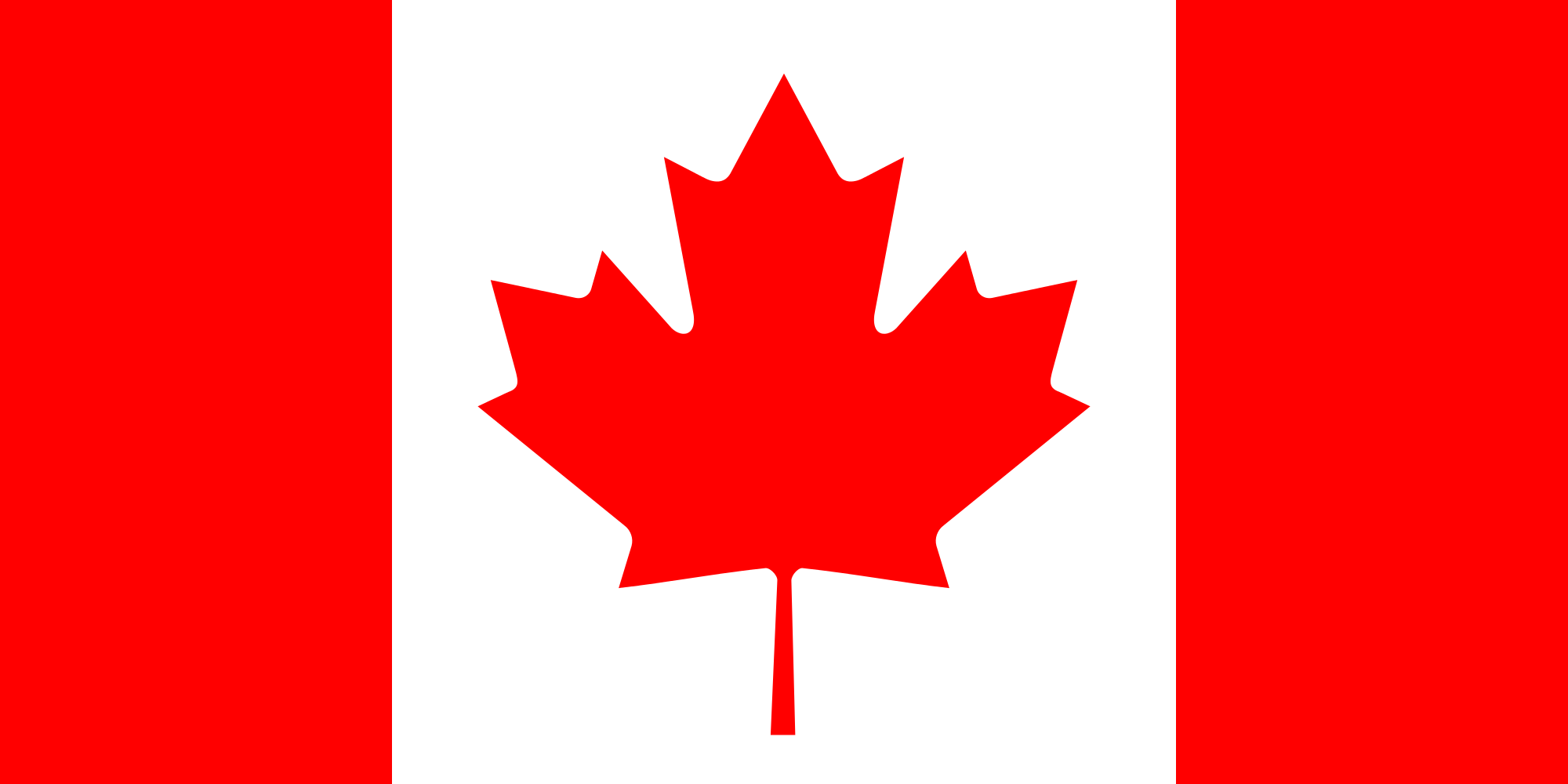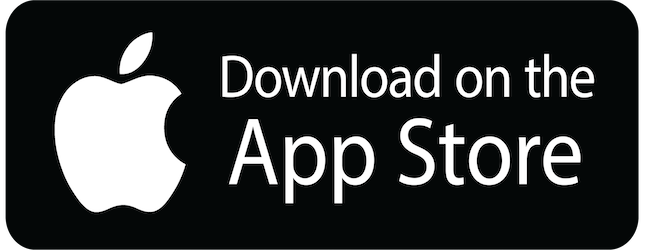How are Canadian English and American English different?
By Emily Hitz, PhraseMix.com contributor

English is spoken around the world, but it sounds very different in different countries! British English and American English have a lot of differences — native speakers can hear a British or American accent in just a few words (can you?). But what about Canadians and Americans? Do these neighbors speak differently? Just a little bit. Here are some of the most common differences.
"About" or "a boat"?
The pronunciation of words with "ou" is the most famous feature of Canadian English. Some common examples include out, about, and house. Canadians say these words like "oat", "a boat", or "hose".
Americans like to joke about how Canadians pronounce these words. The show South Park is famous for making fun of Canadians and their accents. You might hear an American say that Canadians say "a boot" instead of "about", but this is an exaggeration.
Nice weather today, eh?
The other Canadian language habit that all americans know is "eh". Canadians sometimes say this at the end of a sentence, with a rising intonation. "Eh" is used in casual conversation, and especially for small talk.
Nice weather we're having, eh?
They're pretty crazy, eh?
She's coming back early, eh?
Some younger Canadians say "hey" instead of "eh", but it works the same way.
You're from Brampton, hey?
It not easy, hey?
Sorry!
In Canada, "sorry" rhymes with "story". In the USA, it rhymes with "Ferrari".
Canadians are also known for saying "sorry" a lot more than Americans. People joke that if you step on a Canadians foot, they will say sorry to you! However, there's no real research or evidence about this.
Pasta, Drama, Obama
Some words with an "a" in the middle have a different pronunciation north of the border. For example, let's look at the word "pasta". In the US, the first syllable rhymes with "lost". In Canada it sounds like "past". We see this difference with the word "drama", names like "Mario", "Natasha" and "Alana". (Most of these are "borrowed" words that come from other languages.)
British Influence
Many features of Canadian English come from the influence of British English. American English came from British English too, but today it's not as similar. This is because of cultural and historical differences between the two countries.
First, there are some small pronunciation differences you may hear. A few examples:
- With the word "avenue", Americans sometimes pronounce the last part like "new", or like "nyew". Canadians (and British people) always say "nyew" for this sound.
- "Produce" (fruits and vegetables) is sometimes pronounced differently in Canada than the US. The first part, "pro", rhymes with "go" in the US. In Canada, for many people it rhymes with "saw".
- Most Americans call their mother "mom". You'll hear "Mom" in Canada too, but you'll sometimes hear "Mum", too, which comes from British English.
Several vocabulary differences also come from British English. While Americans may say "pardon" or "pardon me", they are more likely to say "excuse me". Canadians say "pardon me", or "pardon" more often.
Canadians spell many words the British way, too. Where Americans write "neighbor", "flavor", and "labor", Canadians add a "u": "neighbour", "flavour", "labour". Some words that end in -er like "center" and "theater" are spelled "centre" and "theatre".
Canadian vocabulary
There are some words in Canada that are not British at all. These words are unique to Canada and the northern USA.
In England, a public toilet is usually called a "loo". In the USA, it's a "restroom". In Canada, they say "washroom". In someone's home, you can say "washroom" or "bathroom". (Of course, there are about a dozen other names for a bathroom between these three countries.)
What do you call a sweet, bubbly drink? In the USA, it could be a "soft drink", a "soda", a "coke" (some places say "coke" even for other drinks like 7UP or Fanta), or "pop". "Pop" is used in the northern US states (particularly the midwest) and everywhere in Canada.
How Canadians talk about school
There are some major differences between education in the US and Canada, and these vocabulary differences show that.
One difference is that instead of saying "first grade" or "seventh grade" like Americans, Canadians say "grade one" or "grade seven". Canadian high schoolers are in "grade nine" through "grade twelve".
Like Canada, most American high schools have four grades: 9th, 10th, 11th, and 12th. However, in the USA, these years are often referred to as "freshman year", "sophomore year", "junior year", and "senior year". The same words are used for the four years of college. Canadians don't use these terms at all! And for university, they say "first year" through "fourth year". And of course for high school, they say "grade nine" through "grade twelve".
In the USA, "college" and "university" are basically the same thing. "College" is a more common term. In fact, to an American, saying you're "in university" or a "university student" sounds a bit strange. If someone is going to a school for a certificate or non-Bachelor degree, it's usually at a "community college".
In Canada, an institution with four-year Bachelor programs is usually a "university", especially if it has graduate programs. If you say "college" in Canada, it's like "junior college" or "community college" in the US.
The Final Word
It's true that Canadians speak a little bit differently than Americans, sometimes. It's also true that people from Vancouver speak a little differently than people from Toronto. And between the two countries, people from Portland sound a lot like people from Vancouver, and people from Minnesota sound a lot like people from Manitoba. And of course, every individual speaks a bit differently from the next individual. It's very difficult to find many general rules for Canadian and American English differences.
And you don't need to worry — it doesn't matter what kind of English you speak. If Americans understand you, Canadians will too.
 Emily Hitz is an American who lived in Canada for eight years. She studied applied linguistics at the University of British Columbia, where she did research for the Dialect Topography of Canada project. She has taught English in Vancouver and San Francisco. Her Canadian husband and in-laws have to answer a lot of questions about what words they use.
Emily Hitz is an American who lived in Canada for eight years. She studied applied linguistics at the University of British Columbia, where she did research for the Dialect Topography of Canada project. She has taught English in Vancouver and San Francisco. Her Canadian husband and in-laws have to answer a lot of questions about what words they use.





